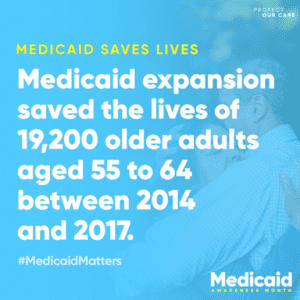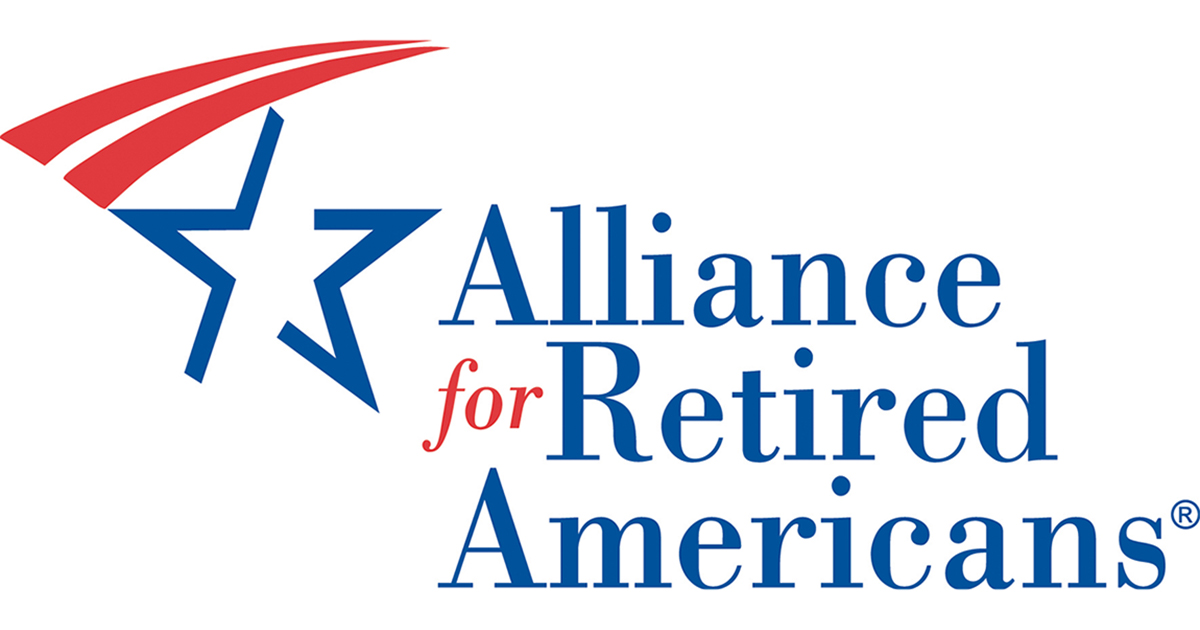April 18, 2022
The Alliance Celebrates Medicaid Awareness Month
The Medicaid program is a crucial lifeline for 79 million Americans with limited income and resources, and many older Americans rely on the program for coverage of nursing home and personal care services. That’s why the Alliance is joining in celebrating April as Medicaid Awareness Month.
 The monthlong focus is on what the future is likely to bring for American health care. Each week, the Alliance is joining with Affordable Care Act (ACA) advocacy group Protect Our Care to highlight key Medicaid issues. This week’s theme is Close the Coverage Gap.
The monthlong focus is on what the future is likely to bring for American health care. Each week, the Alliance is joining with Affordable Care Act (ACA) advocacy group Protect Our Care to highlight key Medicaid issues. This week’s theme is Close the Coverage Gap.
Currently, millions of Americans are still without health coverage in the 12 states where Republican legislators have refused to expand Medicaid.
“Medicaid is an important pillar of the American health care system, and it’s time to expand coverage in the states that have so far not accepted federal funding to do so,” said Joseph Peters, Jr., Secretary-Treasurer of the Alliance.
In addition, President Biden has taken steps to close the Medicaid coverage gap this month by proposing a rule to eliminate the ACA’s “family glitch.”
The glitch stems from the fact that under the ACA, an individual enrolling in a Marketplace plan is not eligible for a premium tax credit if they are eligible for job-based coverage that is considered “affordable” and provides minimum value (covers at least 60% of health expenses on average).
Currently, the affordability threshold of household income is based on the cost of an employee’s self-only coverage, not the premium required to cover any dependents. An employee whose contribution for self-only coverage is less than 9.83% of household income is deemed to have an “affordable” offer, which means that the employee and his or her family members are ineligible for financial assistance on the Marketplace, even if the cost of adding dependents to the employer-sponsored plan would far exceed 9.83% of the family’s income.
The family glitch problem is linked to the affordable employer coverage definition, which has left about 5 million people without health insurance.

